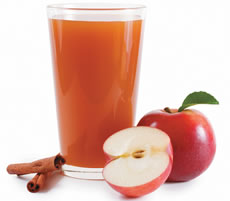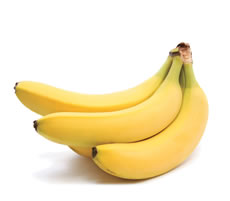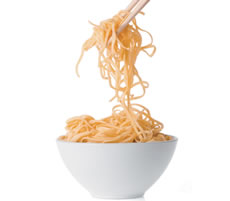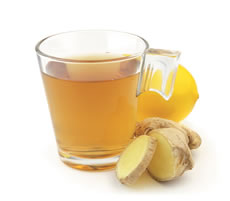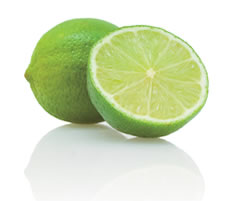DO
- Stay well-hydrated: try warm juice or hot lemonade
- Eat high-fiber foods if possible
- Eat at regular times daily
DON'T
- Drink with a straw
- Chew gum
- Skip exercise: Even a light walk daily can help
|
DO
- Sip fluids slowly and constantly
- Eat foods high in soluble fiber, like bananas, white rice and oatmeal
- Eat small, frequent snacks
DON'T
- Consume acidic fruits or beverages
- Eat raw veggies or whole-grain breads
- Eat greasy, fatty foods
- Consume caffeine
|
DO
- Sip fluids slowly and constantly
- Stay well-hydrated
- Keep your mouth clean
- Use a cool-mist humidifier
- Eat soft, cool, bland foods
- Suck on lemon drops, ice chips or popsicles
DON'T
- Use commercial mouthwashes; try 1 tsp. baking soda and 1 tsp. salt in 1 quart water
- Drink alcohol or acidic beverages
- Smoke
- Consume caffeine
|
DO
- Eat soft, cool, bland foods
- Drink with a straw
- Rinse mouth with 1 tsp. baking soda and 1 tsp. salt in 1 quart water
DON'T
- Drink acidic juices or eat acidic foods
- Consume caffeine
- Smoke
- Eat hot foods
- Eat salty foods
- Suck tart candies
- Chew tough foods
|
DO
- Eat small, frequent meals
- Sip fluids slowly and constantly
- Eat bland, dry, salty, starchy foods
- Try ginger ales, ginger tea or ginger candy
- Talk to your doctor about anti-nausea
medicine
DON'T
- Eat hot foods with strong odors
- Eat greasy, fried, spicy or sweet food
- Eat in a stuffy room with cooking odors
- Lay down after eating
- Drink coffee
|
DO
- Practice good oral hygiene
- Suck on mints or chew gum
- Rinse mouth with teas, salted water or ginger ale
- Use tart foods to mask metallic or sweet tastes
- Increase sugar if food tastes bland
DON'T
- Stop eating; think of food as medicine to get you through
- Use metal utensils or drink from cans if food tastes metallic
|
